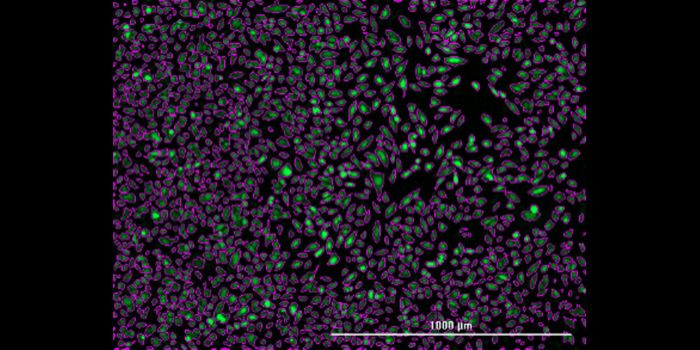Tracking DNA Methylation as a Prognostic Marker
In the modern age of biological research, one of the tools that has become readily available is the ever-increasing data from patients. Many hospitals take part in the voluntary collection of data from patients, from basic patient details like weight and lifestyle to treatment effectiveness. This data allows people in the field of computational biology to analyze and produce statistical models that can aid healthcare workers in treatment and preventative care. In the future, these models could be implemented in such a way where a doctor could plug in a set of information from a patient and get a prognostic or diagnostic prediction to aid them.
A team from the United Kingdom hypothesized that DNA methylation (DNAm) could be used to create a prognostic model for oropharyngeal cancers (OPCs). DNAm is an epigenetic modification that regulates the expression of many genes by repressing expression. Previous research had identified that DNAm could be used to identify health and lifestyle characteristics such as exposure to tobacco smoke, or alcohol consumption. Therefore, following DNAm in the peripheral blood might be able to divulge information about a patient's survival chances early on, and possibly allow preventative action.
The group went to the Head and Neck 5000 study and pulled out data for 364 individuals with OPC. The aim was to examine four OPC connected characteristics; tobacco use, alcohol consumption, body mass index (BMI), and education level. To do this, they utilized several epigenome wide association studies and models to find the ones with the best fits for the target characteristics. Tobacco had the most significant connection with the mortality rate amongst all four tested characteristics, with alcohol consumption and BMI having little connection and education level having no significant correlation. Altogether the team took this as successful use of DNAm as a possible prognostic tool for OPC.
In a world where companies are buying and selling data all the time, many may be reprehensive in the idea of letting someone else use their information. In medicine, this data can be used in diagnostic and prognostic models, to reveal new drug targets, and even help identify new outbreaks of diseases in a population. The team concluded, "Our findings suggest peripheral blood DNAm predictors can be used to supplement a prediction model of mortality in those with oropharyngeal cancer." This work is but one example of researchers trying to take this bountiful data, and implement it to save lives.
Sources: Clinical Epigenetics, Garvin Institute of Medical Research









